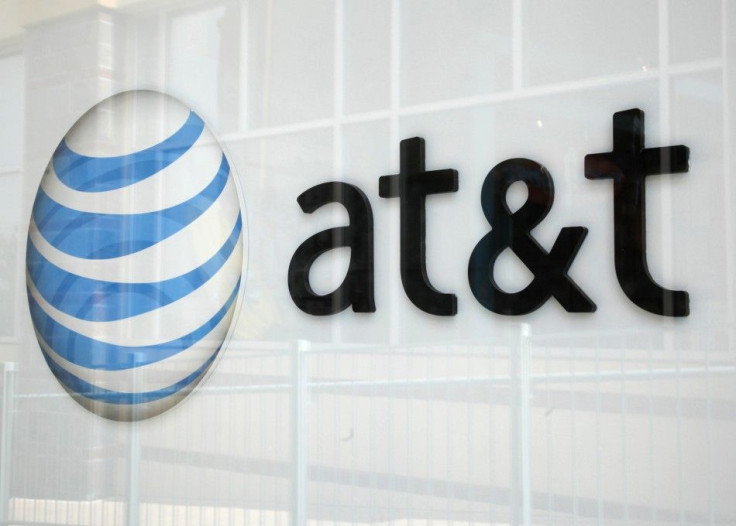AT&T Responds to DOJ: Promises Lower Prices, Increased Competition

AT&T isn't giving up in its pursuit of T-Mobile.
In a detailed letter to the Justice Department, AT&T, the nation's second biggest wireless provider, said its $39 billion acquisition proposal would be good for customers, increase competition and actually lower prices.
The new network will be more than the sum of its parts: as a result of engineering efficiencies enabled by the transaction, the combined capacity of the new firm will be significantly greater than what the two companies could do separately. That means increased output, higher quality service, fewer dropped calls, and lower prices to consumers than without the merger, the company says in an SEC filing.
The DOJ, which is seeking to block the proposed merger, argues it would substantially lessen competition for mobile wireless telecommunications services across the country. In the lawsuit, the DOJ said AT&T felt competitive pressure from T-Mobile, the nation's No. 4 wireless carrier, which is why it made this move.
Wireless competition is fierce: prices have declined steadily, output is expanding, technological innovation is occurring at an extraordinary pace, and new providers with innovative business models have successfully entered and expanded. All of this will continue, and likely increase, after the transaction, AT&T says.
AT&T says the DOJ complaint, however, ignored the merits of its main competition: Verizon, the nation's No. 1 wireless carrier, and Sprint, the No. 3 mobile carrier, as well as innovative upstarts such as MetroPCS and Leap/Cricket and regional providers like U.S. Cellular and Cellular South.
The Department does not and cannot explain how, in the face of all of these aggressive rivals, the combined AT&T/T-Mobile will have any ability or incentive to restrict output, raise prices, or slow innovation. Nor can it explain how T-Mobile, the only major carrier to have actually lost subscribers in a robustly growing market, provides a unique competitive constraint on AT&T, the company says.
AT&T continues to claim it would bring 5,000 jobs to the U.S. with the T-Mobile merger. This is something Sprint has disputed with a study of its own.
Follow Gabriel Perna on Twitter at @GabrielSPerna
© Copyright IBTimes 2025. All rights reserved.




















